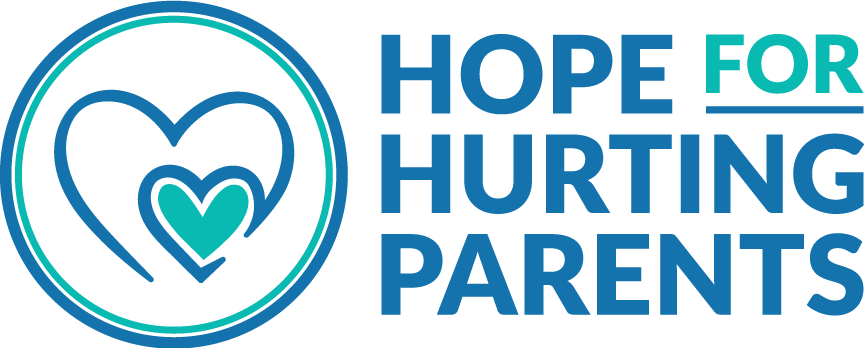 A parent recently asked us about rescuing someone who was drowning. Drawing an analogy from this, they wondered what the difference is between rescuing and enabling? What would you say to this sometimes confusing question?
A parent recently asked us about rescuing someone who was drowning. Drawing an analogy from this, they wondered what the difference is between rescuing and enabling? What would you say to this sometimes confusing question?This was our response:
A drowning emergency isn’t the same as something that has become a regular pattern of destructive behavior. Of course we’d jump in the water to save them or anyone else who was drowning. It would be ridiculous to suggest otherwise. It wouldn’t matter if it was their fault or not.
We’re not counselors or professionals, nor wise enough to know what you should do. The circumstances in which you find yourself are uniquely yours. And even if some advice is good, you may not always be in the emotional place to implement it.
So please see this email as my personal understanding and very likely inadequate. Take what you want and disregard the rest. I must always ask myself, “what is the context we’re talking about?” An example would be a popular definition of enabling: doing something for someone that they could and should be doing for themselves.
Taken out of context does this mean I should never be a servant as Jesus suggested? No. But it is saying that when it comes to our teen or adult children who want to make destructive decisions, we are not to assist them in their destruction or step in to prevent natural consequences from taking place, especially if this action would assist them in continuing their destructive behavior.
If my child were to come to me and say, “I’m broken, wrong and powerless to change but I desperately want to,” I would do whatever I could to help them. But that help needs to be considered along with my other vital obligations so it won’t jeopardize the well being of others in my family.
The point is, we’re not to step in and prevent our teen or adult children from experiencing the natural consequences of their destructive decisions.
When we intervene, our actions may actually disrupt the lessons God is trying to teach them in order for them to become mature, healthy, functioning adults. Another question to ask is, “what is a healthy response to our child’s destructive behavior and what is an unhealthy response ?” At times we think our children are our life. We go into all out rescue mode and deplete our finances, retirement accounts, emotions, energy, health and spiritual well being. In reality, the enemy is claiming more victims in his snare by destroying our lives as well.
I am convinced of these things:
- God loves my child more than I could ever love them.
- God is more concerned about my child than I could ever be concerned about them.
- God is able to bring more redemptive change than I could ever bring into their life.
Will I trust my child to Someone who exceeds me in all areas of love and care – who acts only with their best interests at heart? I believe I can. What about you?
- A very helpful book is: Setting Boundaries with Your Adult Children by Allison Bottke

0 Comments